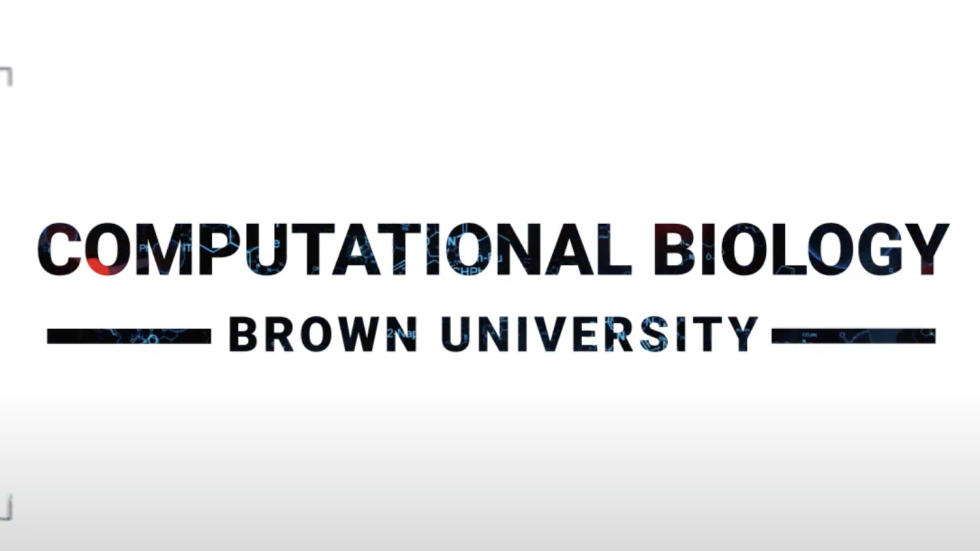Graduate
Ph.D. Program
During the course of their Ph.D. studies, graduate students will develop and apply novel computational, mathematical , and statistical techniques to problems in the life sciences. Students in this program must achieve mastery in three areas - computational science, molecular biology, and probability and statistical inference - through a common core of studies that spans and integrates these areas.
Watch this video to hear about our program directly from some students and faculty:
The Computational Biology Ph.D. program's completion requirements include six graduate-level courses, at least two eight-week laboratory rotations, a preliminary research presentation, dissertation, and oral defense.
The Ph.D. program in Computational Biology draws on course offerings from the disciplines of the Center’s Core faculty members. These areas are:
- Computer Science (CS)
- Applied Mathematics (APMA)
- Division of Biology and Medicine (BioMed)
- Brown Center for Biomedical Informatics (BCBI)
- School of Public Health/Biostats (SPH)
Our faculty and Director(s) of Graduate Studies (DGS) work with each student to develop the best plan of coursework and research rotations to meet the student’s goals in their research focus and satisfy the University’s requirements for graduation.
Please see the Application Information page and the Prospective Student FAQ to learn more about the application and admissions process!
Applied Mathematics Ph.D. Program
Prospective students interested in both Applied Mathematics and Computational Biology should be aware that these are two separate programs of study with independent application processes. Our program allows students to work with faculty within the Division of Applied Mathematics, however we only grant degrees in Computational Biology. If you are interested in a degree from the Division of Applied Mathematics, we encourage you to apply to their program directly using the links below.
Applied Mathematics Ph.D. program

Group of CCMB Graduate Students

CCMB Grad Students and Faculty at PEQG22

CCMB Grad Student, Pinar Demetci, Defends her Thesis

